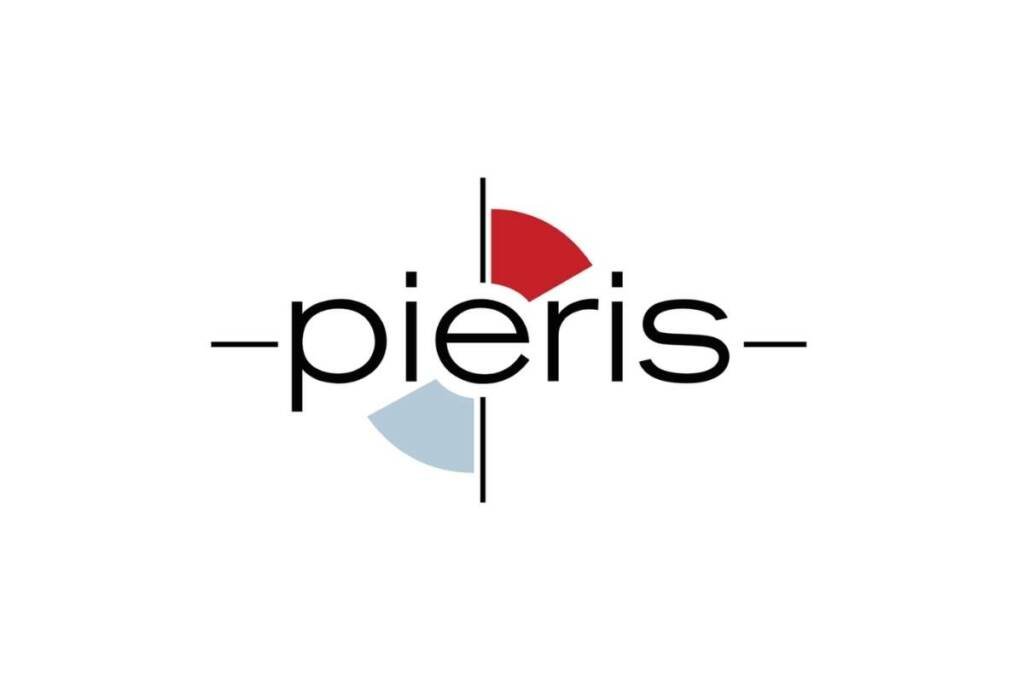Source – Pieris Pharmaceuticals
AstraZeneca has ended its collaboration with Pieris Pharmaceuticals on the respiratory drug candidate elarekibep, leading Pieris to make significant staff reductions and explore alternative options for its future.
In 2017, AstraZeneca invested $57.5 million upfront to gain options on up to five therapies based on Pieris’ Anticalin technology, which aims to develop protein drugs with smaller molecule sizes for easier delivery. Elarekibep, an inhaled IL-4 inhibitor (formerly known as PRS-060), was the lead drug in the collaboration and had progressed to a phase 2a trial for severe asthma patients. At the time, it was seen as a potential successor to AstraZeneca’s IL-5 inhibitor Fasenra (benralizumab), which was approved in 2019 for severe eosinophilic asthma.
Since then, AstraZeneca has also achieved approval for Tezspire (tezepelumab), a first-in-class severe asthma therapy partnered with Amgen, further strengthening its respiratory portfolio.
The termination of the collaboration was triggered by findings from a toxicology study in non-human primates, which led AstraZeneca to suspend patient enrollment in the Phase IIa study last month. Although the 13-week GLP toxicology study with the dry powder inhaler formulation of elarekibep did not pose an immediate concern for active clinical studies, it did not support the drug’s long-term use and progression into later-stage development.
“We are pursuing strategic options across three main areas following the recent developments that have impacted our ability to independently advance our respiratory programs. One track is accelerating partnering discussions of PRS-220 and PRS-400. A second focal area is diligently selecting the best possible development partner and deal structure to re-initiate clinical development of cinrebafusp alfa, our former lead immuno-oncology asset, which has shown 100% ORR in five patients in a HER2+ gastric cancer trial that was discontinued for strategic reasons. Third, we will explore whether our balance sheet, position as a public company, and other assets are of strategic value to a range of third parties. While the challenges we recently experienced across our respiratory franchise have forced us to make very difficult personnel decisions, I cannot express enough gratitude to our departing colleagues for their dedication, collaborative spirit and integrity.”
– President and CEO Stephen Yoder
As a result, Pieris announced a substantial reduction in its workforce, planning to cut around 70% of its staff before the year’s end. The company is also exploring various options for its business, including potential partnerships for PRS-220 and PRS-400, two preclinical Anticalin drugs targeting respiratory diseases. Additionally, they are considering restarting clinical development of cinrebafusp alfa (PRS-343), a cancer immunotherapy that was previously set aside to focus on elarekibep. Cinrebafusp alfa had shown promising results in a clinical trial as a therapy for relapsed or refractory HER2-positive gastric cancer before being put on hold.
Pieris chief executive Stephen Yoder also said that the company was exploring “whether our balance sheet, position as a public company, and other assets are of strategic value to a range of third parties”.
Currently, Pieris holds approximately $55 million in cash reserves and anticipates incurring costs of over $3 million associated with the staff reductions. The company is carefully assessing its options to navigate this challenging situation effectively.





























